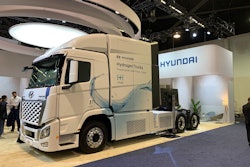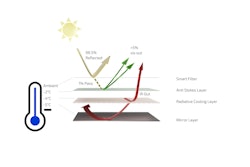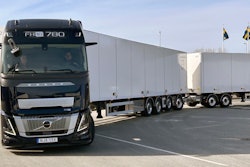In the race to combat the effects of climate change, there’s a huge push to transition away from gas- and diesel-powered vehicles. The transportation industry accounts for 29% of greenhouse gas emissions and is the largest sector generating these emissions. Certainly, there’s growing urgency to address this and prioritize sustainability, but the Environmental Protection Agency's (EPA) greenhouse gas emissions mandates have sparked debates and raised concerns among small carriers.
The federal government, automotive industry and EV charging companies have poured billions of dollars into incentivizing light-duty vehicle drivers to make the leap to EVs, but electrified long-haul trucking is much more complicated. Beyond the expense of paying for these vehicles, which cost hundreds of thousands of dollars, where’s the charging infrastructure to accommodate a 40-ton fully loaded tractor-trailer on a cross-country trip?
While it is important to acknowledge the need to reduce emissions, it is crucial to consider the practical challenges small carriers face during this transition.
One of the major challenges small carriers face is the time-consuming nature of charging electric trucks compared to refueling diesel-powered ones. The charging process is significantly longer – it can take up to 90 minutes to charge an electric truck from 0 to 80% compared to about five minutes to fill a tank – directly impacting our operations' efficiency and productivity.
Charging infrastructure for passenger vehicles still lags where it needs to be to accommodate an influx of EVs and there are more than 130,000 throughout the country. Electric truck charging stations may as well be non-existent by comparison. Determining where these charging stations will be built is yet another challenge. They need to be easily accessible to routes to not further detract from shipping and delivery times. Truckers already fight for limited parking spaces – imagine how trying to find a spot to charge will throw another wrench into the supply chain.
Electric trucks’ limited driving range is another concern, as it restricts their ability to cover long distances without frequent recharging. These limitations hinder our ability to smoothly transition to electric trucks.










